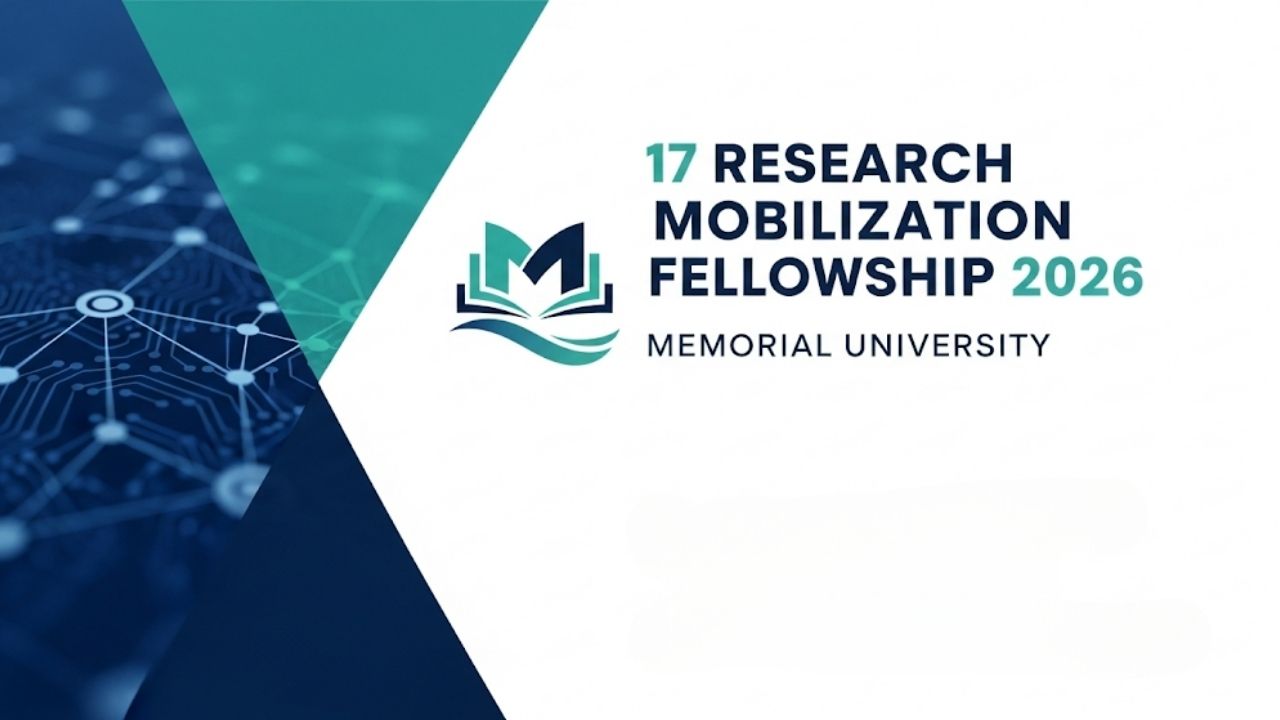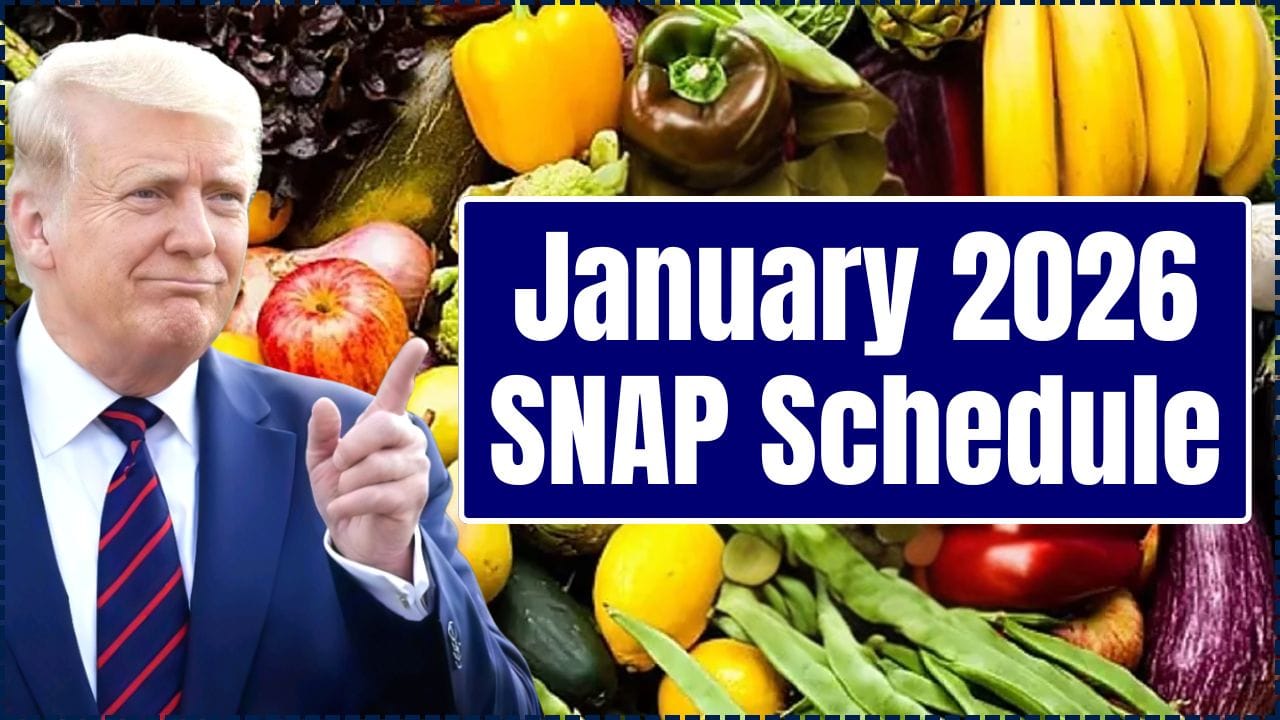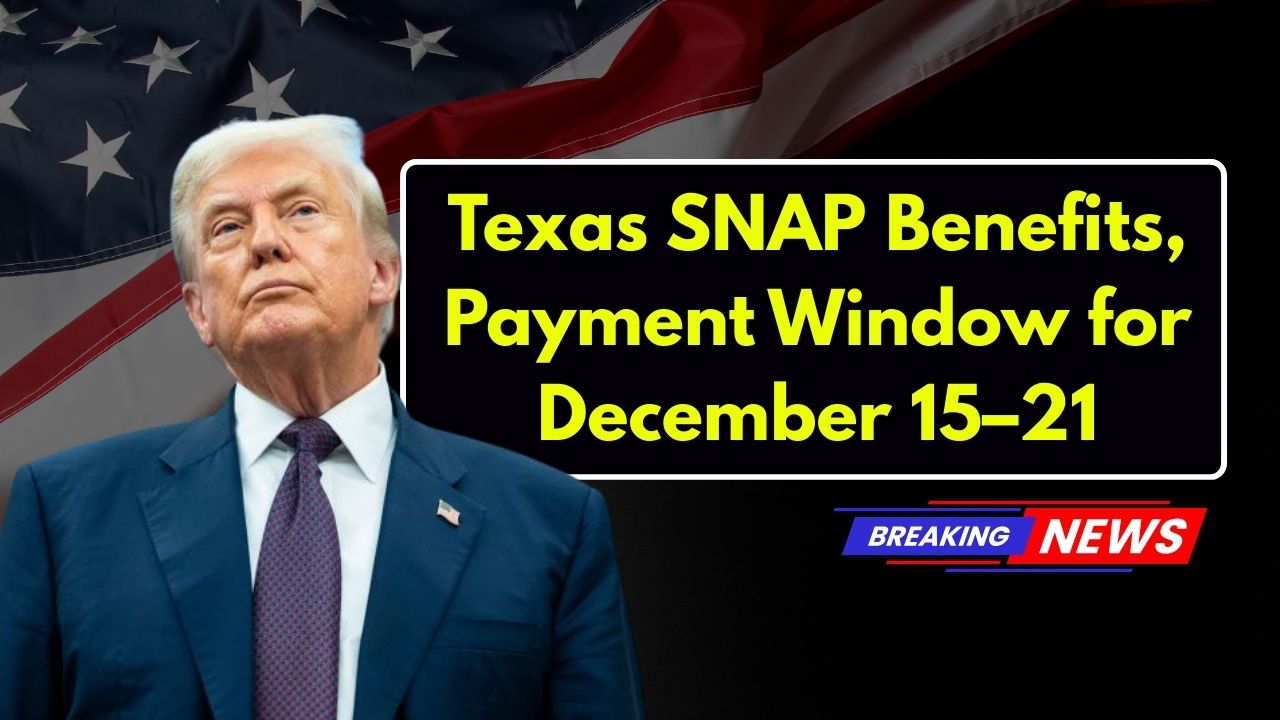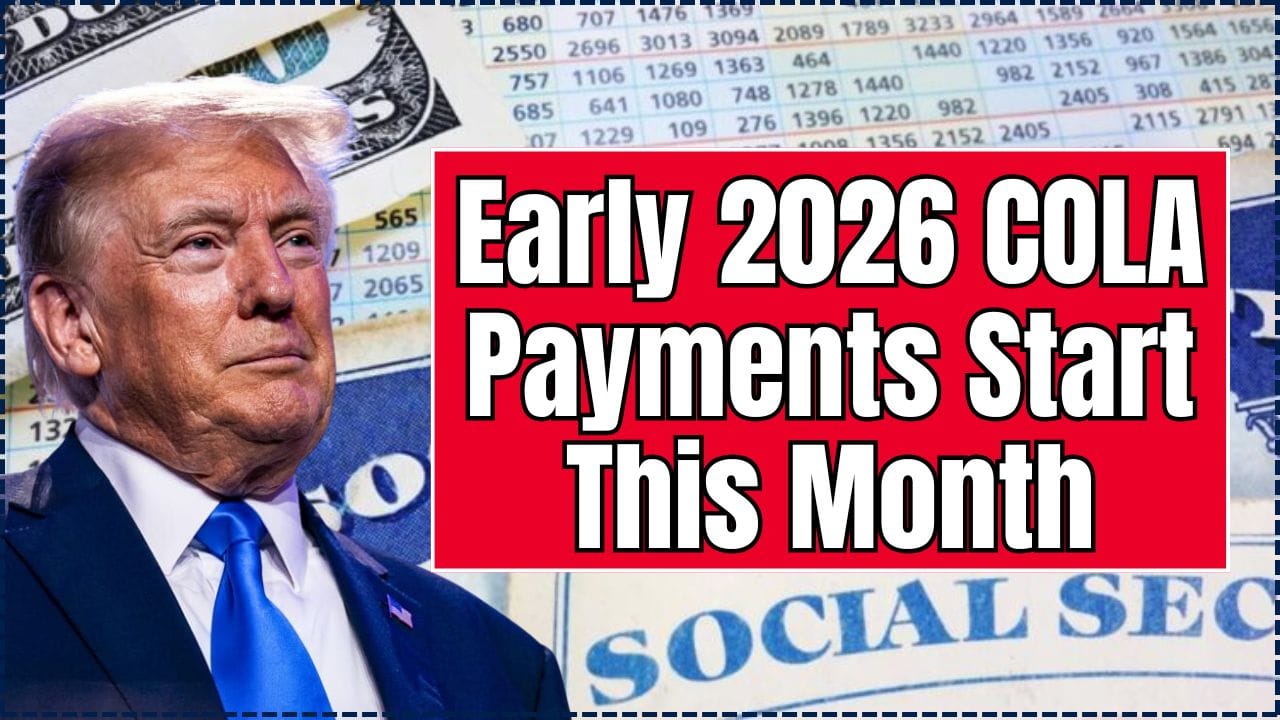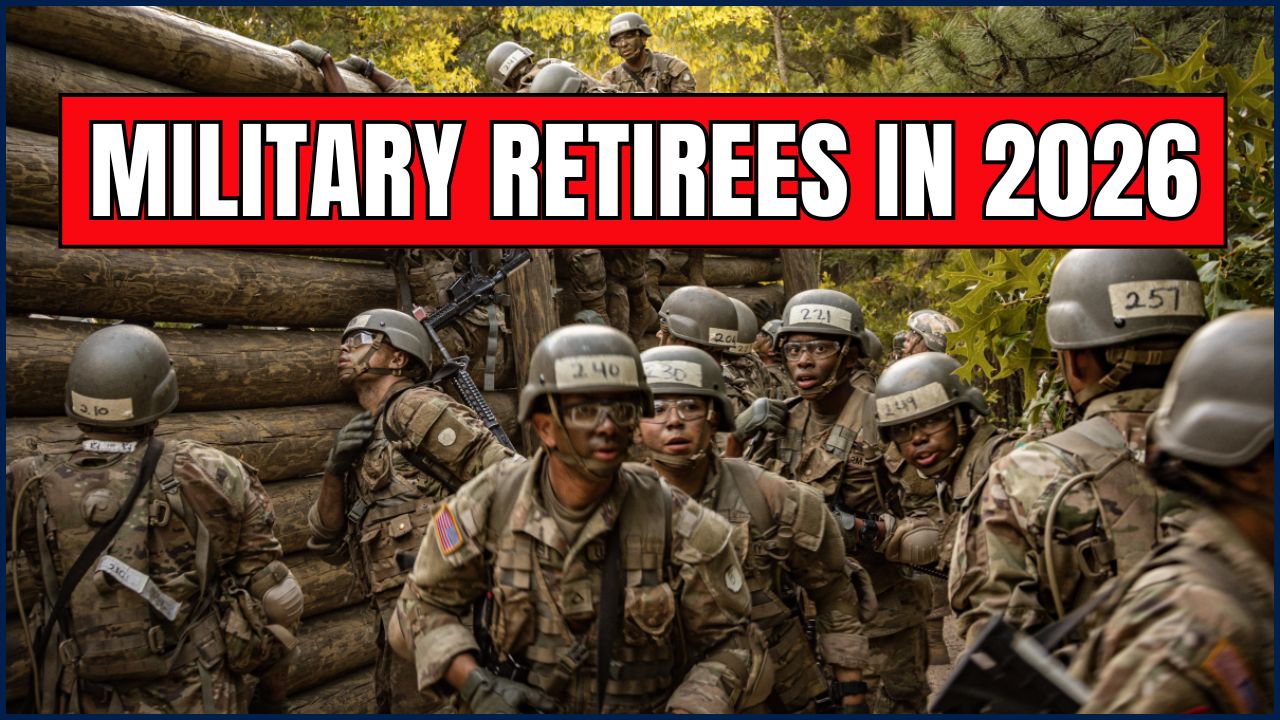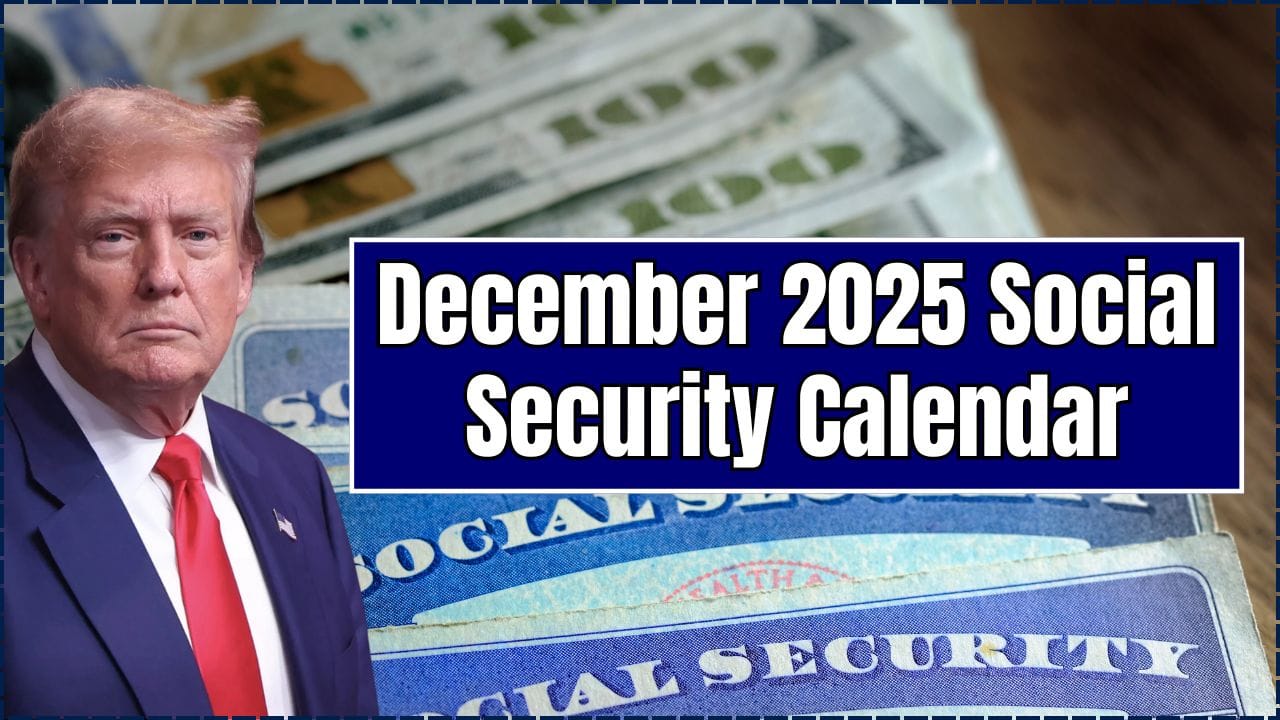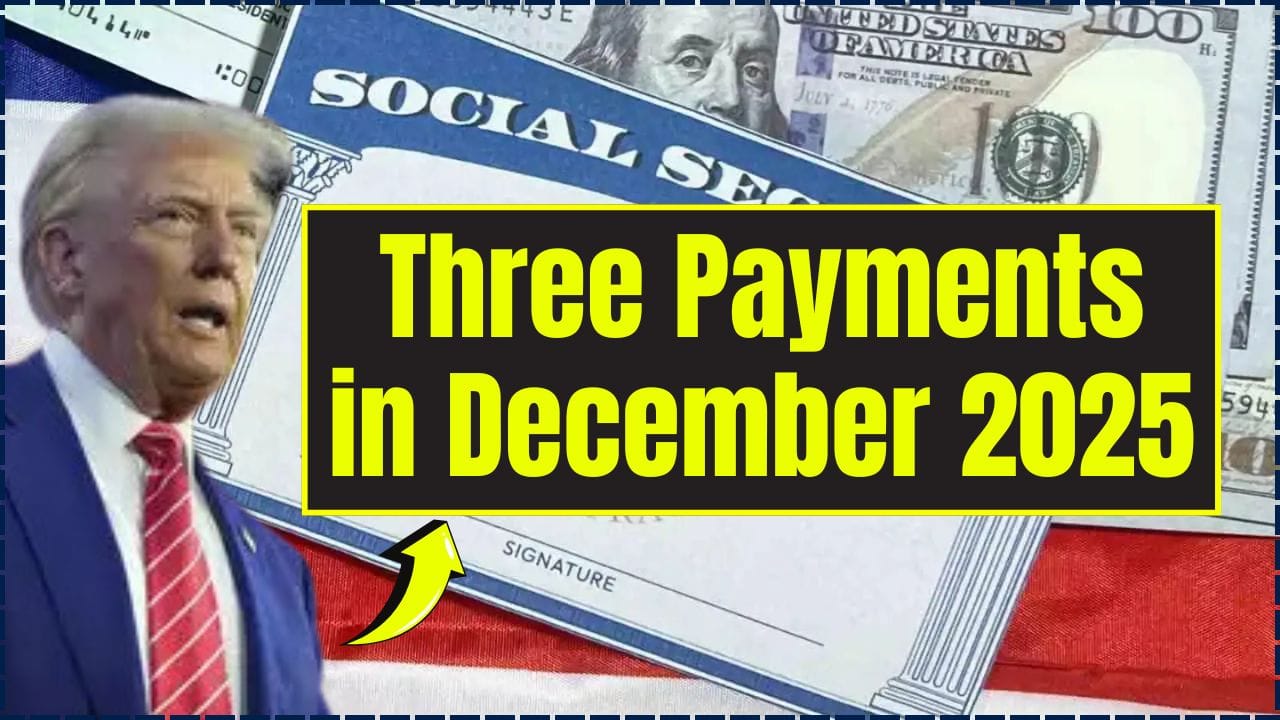Are you an indigenous individual passionate about human rights, eager to amplify the voices of your community on a global stage? The prestigious OHCHR Indigenous Fellowship 2026 call for applications is now open, offering an unparalleled opportunity to deepen your understanding of international human rights mechanisms and advocate for indigenous rights at the United Nations. As someone who has spent years advising aspiring human rights advocates, I’ve seen firsthand the transformative impact this fellowship has on its participants and their communities. This article will guide you through the essential details, provide actionable advice, and inspire you to confidently pursue this incredible journey.
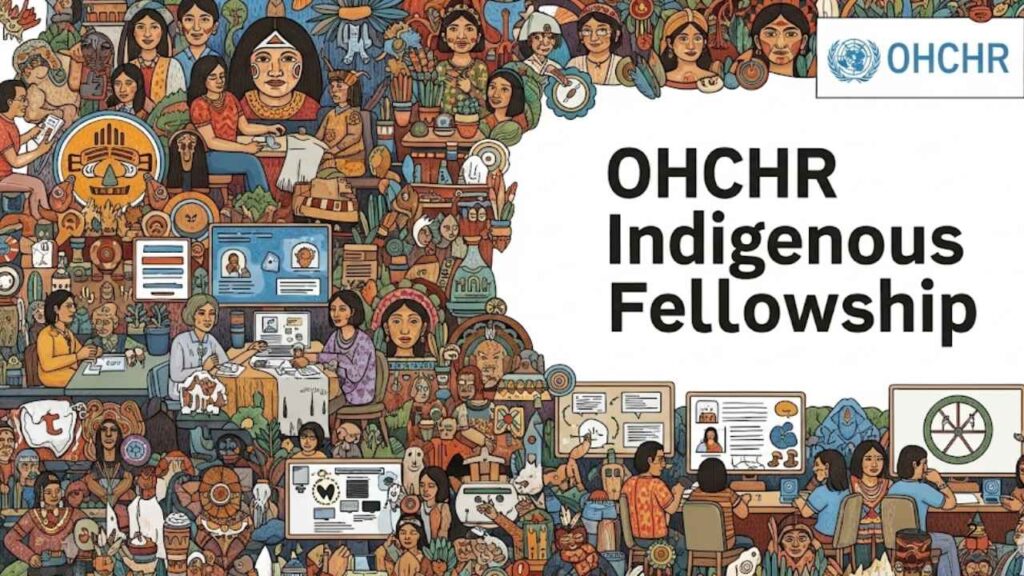
This fully-funded program, hosted by the Office of the United Nations High Commissioner for Human Rights (OHCHR) in Geneva, Switzerland, is designed to empower indigenous individuals to become effective human rights defenders. It’s more than just a training; it’s a commitment to fostering leadership and enabling you to make a tangible difference back home.
OHCHR Indigenous Fellowship
| Key Fact | Detail/Statistic |
| Program Duration | Approximately four weeks in Geneva, usually coinciding with the annual session of the Expert Mechanism on the Rights of Indigenous Peoples (EMRIP). |
| Funding | Fully funded: covers return flight ticket, living expenses (daily/monthly stipend for modest accommodation, food, transport), and basic health insurance for the duration of the program. |
| Languages | Training available in English, Spanish, French, Russian, and Portuguese. |
| Establishment | Established in 1997 in the context of the First International Decade of the World’s Indigenous People (1995-2004). |
| Program Aim | To provide indigenous persons with knowledge on the UN system and mechanisms dealing with human rights, particularly indigenous issues, to empower them to protect and promote the rights of their communities. |
| Fellows Trained | Since 1997, almost 600 indigenous men and women from 70 different countries have been trained, who then provide human rights training to many more in their communities. |
| Application Info | The deadline for 2025 applications was September 15, 2025 (note: some sources mention August 31, 2024, for 2025 program, so always check the latest official call for the 2026 program). Applications usually require a completed form and an official recommendation letter from a nominating indigenous organization. |
The OHCHR Indigenous Fellowship 2026 presents a transformative opportunity for indigenous individuals committed to human rights. It’s an intensive program that equips you with the knowledge, skills, and networks to make a lasting impact. The path may seem challenging, but with careful preparation and a genuine passion for justice, you can successfully navigate the application process and embark on this life-changing journey. OHCHR Official Website.
Understanding the OHCHR Indigenous Fellowship: A Pathway to Global Advocacy
The OHCHR Indigenous Fellowship Programme is a comprehensive human rights training initiative by the Office of the High Commissioner for Human Rights. It was established in 1997 to bridge the gap between indigenous communities and international human rights mechanisms. The program’s core objective is to equip indigenous individuals with the knowledge and tools necessary to effectively advocate for their communities’ rights on the global stage.
Participants gain in-depth knowledge of the United Nations system, international human rights law, and specific mechanisms relevant to indigenous peoples. This includes an understanding of the UN Declaration on the Rights of Indigenous Peoples (UNDRIP), a cornerstone document that outlines the minimum standards for the survival, dignity, security, and well-being of indigenous peoples worldwide.
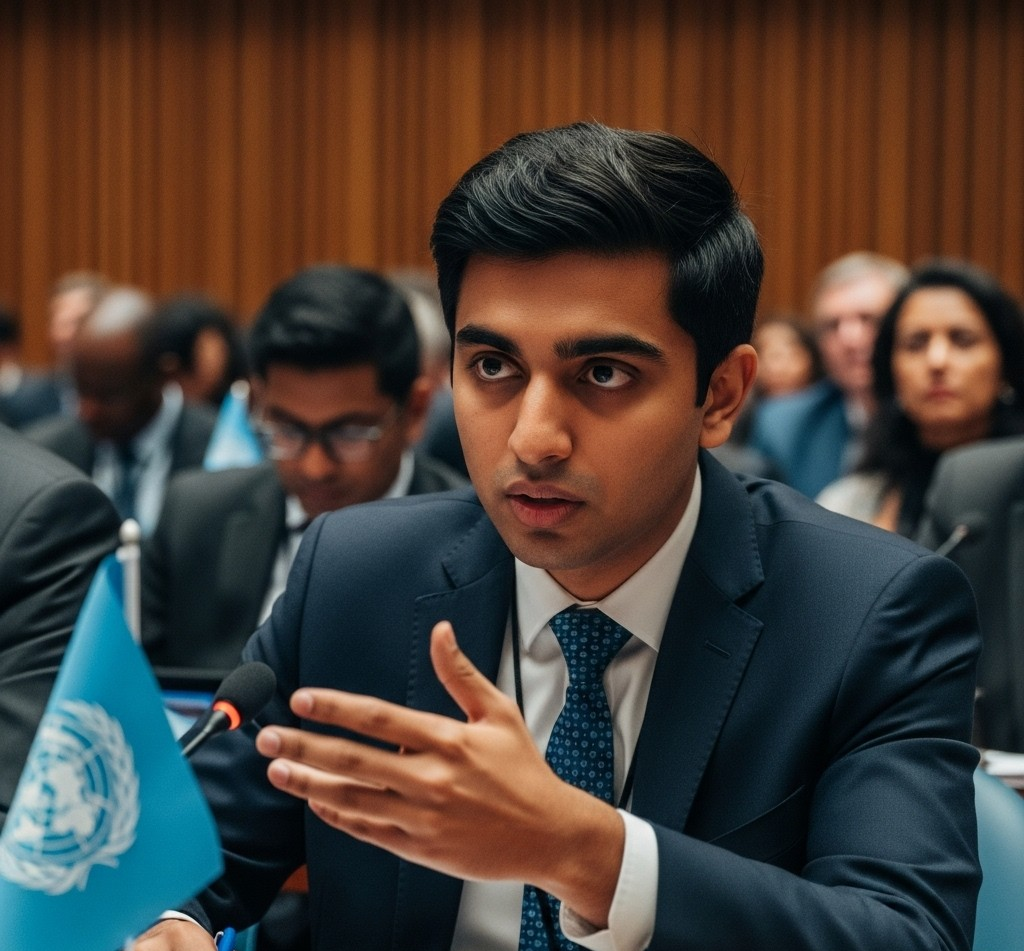
What You’ll Learn and Experience
During the fellowship, you’ll engage in a robust curriculum combining theoretical sessions with practical assignments. This typically includes:
- Briefings on the UN System: Understanding the structure, mandate, and activities of the OHCHR and other UN bodies.
- International Human Rights Instruments: Deep diving into treaties, conventions, and declarations, with a particular focus on those pertaining to indigenous rights.
- Human Rights Mechanisms: Learning about the Human Rights Council, Treaty Bodies, and Special Procedures, including the Expert Mechanism on the Rights of Indigenous Peoples (EMRIP).
- Active Participation in EMRIP: A unique aspect of the fellowship is its timing, often coinciding with EMRIP’s annual session, allowing fellows to directly observe and engage with this crucial mechanism.
- Networking Opportunities: Connecting with UN officials, international organizations, human rights experts, and fellow indigenous advocates from across the globe.
In my experience advising students, one common hurdle is the sheer scale of the UN system. This fellowship breaks it down into digestible, actionable knowledge, truly empowering participants.
Who Should Apply? Eligibility for the OHCHR Indigenous Fellowship 2026
The OHCHR Indigenous Fellowship is designed to be inclusive and accessible. Unlike many other international programs, it acknowledges the unique socio-economic barriers faced by indigenous peoples. Here’s a breakdown of the key eligibility criteria:
- Indigenous Identity: You must identify as indigenous. This is a fundamental requirement, ensuring the program directly benefits the communities it aims to serve.
- No Age Restrictions: While age is not a limitation, preference is often given to candidates between 25 and 35 years of age. However, individuals outside this range are strongly encouraged to apply if they meet other criteria.
- No Formal Education Requirement: This is a crucial aspect that sets this fellowship apart. The OHCHR recognizes that formal education may not be universally accessible to indigenous communities and prioritizes practical experience and commitment over academic degrees.
- Commitment to Training Others: A key expectation is your willingness and commitment to share the knowledge gained during the fellowship with your community or organization upon your return. This ensures the impact of the program extends far beyond the individual fellow.
- Endorsement from an Indigenous Organization/Community: Your application must be proposed and supported by your indigenous organization or community. This organization should ideally have a representative constituency or membership, demonstrating a collective endorsement of your candidacy.
- Language Proficiency: You should have a good working knowledge of the language in which you wish to participate in the program (English, Spanish, French, Russian, or Portuguese).
Navigating the Application Process: Your Guide to Success
Applying for the OHCHR Indigenous Fellowship requires careful attention to detail and a compelling presentation of your commitment and potential impact. I’ve seen many successful applicants focus on articulating their passion for human rights and demonstrating a clear plan for how they will utilize the fellowship training to benefit their community.
The Application Form: The application typically consists of two parts. Ensure both parts are fully completed and accurately reflect your background and aspirations.
The Recommendation Letter: This is a critical component. The official recommendation letter from your nominating indigenous organization or community is vital. It should clearly articulate:
- Your role within the community/organization.
- How your participation in the fellowship will benefit the community.
- The organization’s support for your commitment to training others upon your return.
Submission Methods: While some years may offer online submission, past calls have emphasized sending applications via regular post. Scanned applications sent via email are also often accepted. Always verify the preferred method for the 2026 call directly from the official OHCHR website.

Testimonials and Impact: Voices of Former Fellows
The true measure of the OHCHR Indigenous Fellowship’s success lies in the stories of its alumni. These individuals return to their communities as empowered advocates, utilizing their newfound knowledge to drive positive change. The fellowship has equipped hundreds of indigenous men and women to protect and promote their rights at local, national, and international levels.
This fellowship isn’t just about personal growth; it’s about collective empowerment. Fellows often go on to:
- Organize training workshops within their communities.
- Contribute to policy development and legislative advocacy.
- Raise awareness about indigenous rights issues.
- Strengthen the capacity of their indigenous organizations.
“The fellowship helped me understand the international legal framework that supports our rights. It gave me the confidence and the tools to bring our concerns directly to the UN, and to empower my community back home to do the same.” – A former OHCHR Indigenous Fellow (Hypothetical quote, but reflective of common testimonials).
Your Definitive Guide to the NAAS Research and Curatorial Fellowship 2025
Your Gateway to Japan: A Comprehensive Guide to the CSEAS Fellowship 2026 at Kyoto University
The Oscar Sárkány Fellowship Grant 2025/2026: Unlocking Your Research Potential
FAQ
Q1: What is the primary purpose of the OHCHR Indigenous Fellowship?
The primary purpose is to provide indigenous individuals with comprehensive knowledge of the UN system and international human rights mechanisms, with a specific focus on indigenous issues, empowering them to protect and promote the rights of their communities.
Q2: Is the OHCHR Indigenous Fellowship fully funded?
Yes, the OHCHR Indigenous Fellowship is a fully funded program. It covers a return flight ticket to Geneva, living expenses (including modest accommodation, food, and transport), and basic health insurance for the duration of the program.
Q3: Are there any age restrictions for the OHCHR Indigenous Fellowship?
While there are no strict age restrictions, preference is often given to candidates between 25 and 35 years of age. However, applicants outside this age range are still encouraged to apply if they meet all other eligibility criteria.
Q4: Do I need a formal education to apply for the fellowship?
No, formal education is not a requirement for the OHCHR Indigenous Fellowship. The program acknowledges the socio-economic barriers faced by many indigenous peoples and prioritizes commitment, experience, and the ability to apply the knowledge gained to benefit their communities.
Q5: What kind of support do I need from my community or organization to apply?
You need to be proposed and supported by an official recommendation letter from your indigenous organization or community. This organization should ideally have a representative constituency or membership, demonstrating their endorsement of your candidacy and commitment to your role as a future advocate.
Q6: What happens after I complete the fellowship?
Upon completion, fellows are expected to return to their communities or organizations and share the knowledge and skills they have acquired. This often involves conducting training sessions, advocating for indigenous rights at various levels, and applying international human rights instruments to address local issues.


